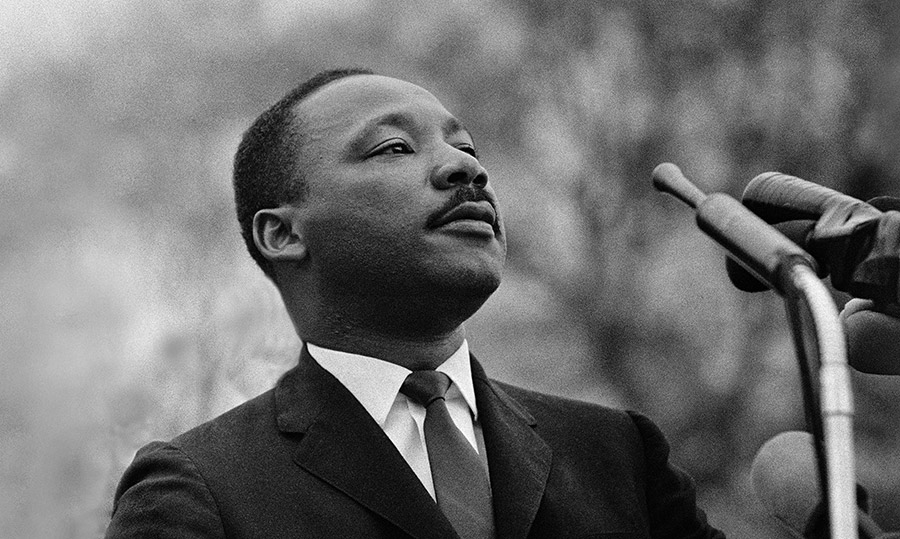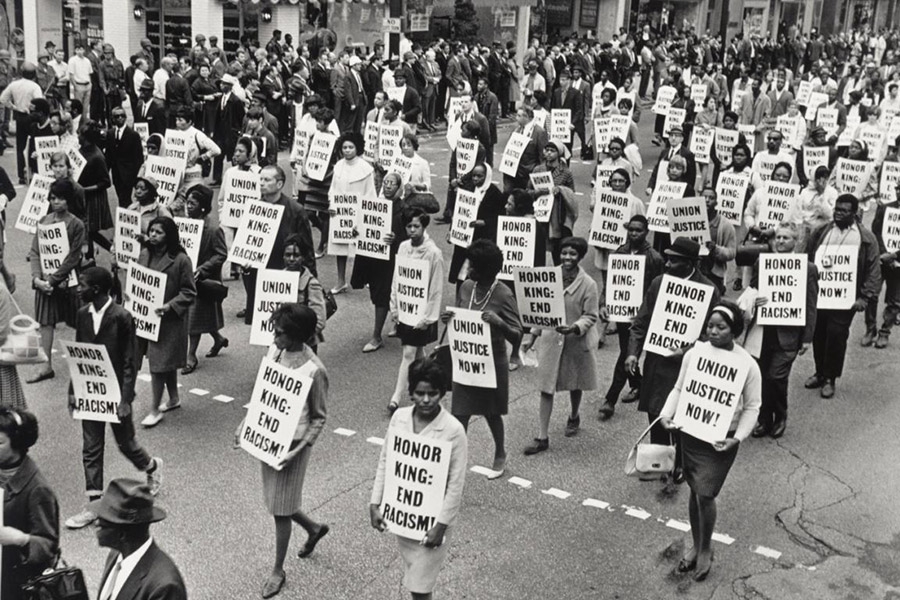As we remember every January, Rev. Dr. Martin Luther King, Jr. was one of the United States’ most influential activists, authors, and speakers. His tireless efforts to advance civil rights for African Americans through nonviolent resistance to racist treatment and laws, and to advocate for marginalized groups throughout the 1950s and 1960s, resulted in significant social change and landmark legal victories. These include the Civil Rights Act of 1964, Voting Rights Act of 1965, and Fair Housing Act of 1968.
Martin Luther King, Jr. Day is one of only three federal holidays in the United States dedicated to an individual person. It is observed annually on the third Monday of January, in honor of Dr. King’s birthday, January 15, 1929.

In honor of Dr. King, the Martin Luther King, Jr. Memorial was constructed in West Potomac Park in downtown Washington, D.C. It is the first memorial on the National Mall dedicated to an African American and the fourth dedicated to a non-president. Its proximity to the Lincoln Memorial, where Dr. King gave his famous “I Have A Dream” speech at the 1963 March on Washington, was intentional.
The four-acre structure was opened to the public in 2011 after decades of lobbying, planning, and construction, and includes a 450-foot (about 137.2-meter) Inscription Wall carved with many of Dr. King’s most famous quotes and 185 cherry trees, which typically bloom in early April: coinciding with the anniversary of Dr. King’s tragic assassination on April 4, 1968.

The centerpiece and best known aspect of the memorial is the Stone of Hope, a statue of Dr. King designed by sculptor Lei Yixin. This granite statue is 30 feet (9.1 meters) tall, and depicts a figure of Dr. King emerging from a large stone, with crossed arms, a scroll in one hand to represent his many writings, and an expression of deep thought on his face. The design is based on a line of his “I Have A Dream” speech: “Out of the mountain of despair, a stone of hope.”
The memorial is free to visit and open 24 hours a day. Contact the National Park Service for any questions or concerns about your visit.
If you have any questions or concerns for us, feel free to contact us anytime at info@gravityintprog.com. Stay safe and healthy!






